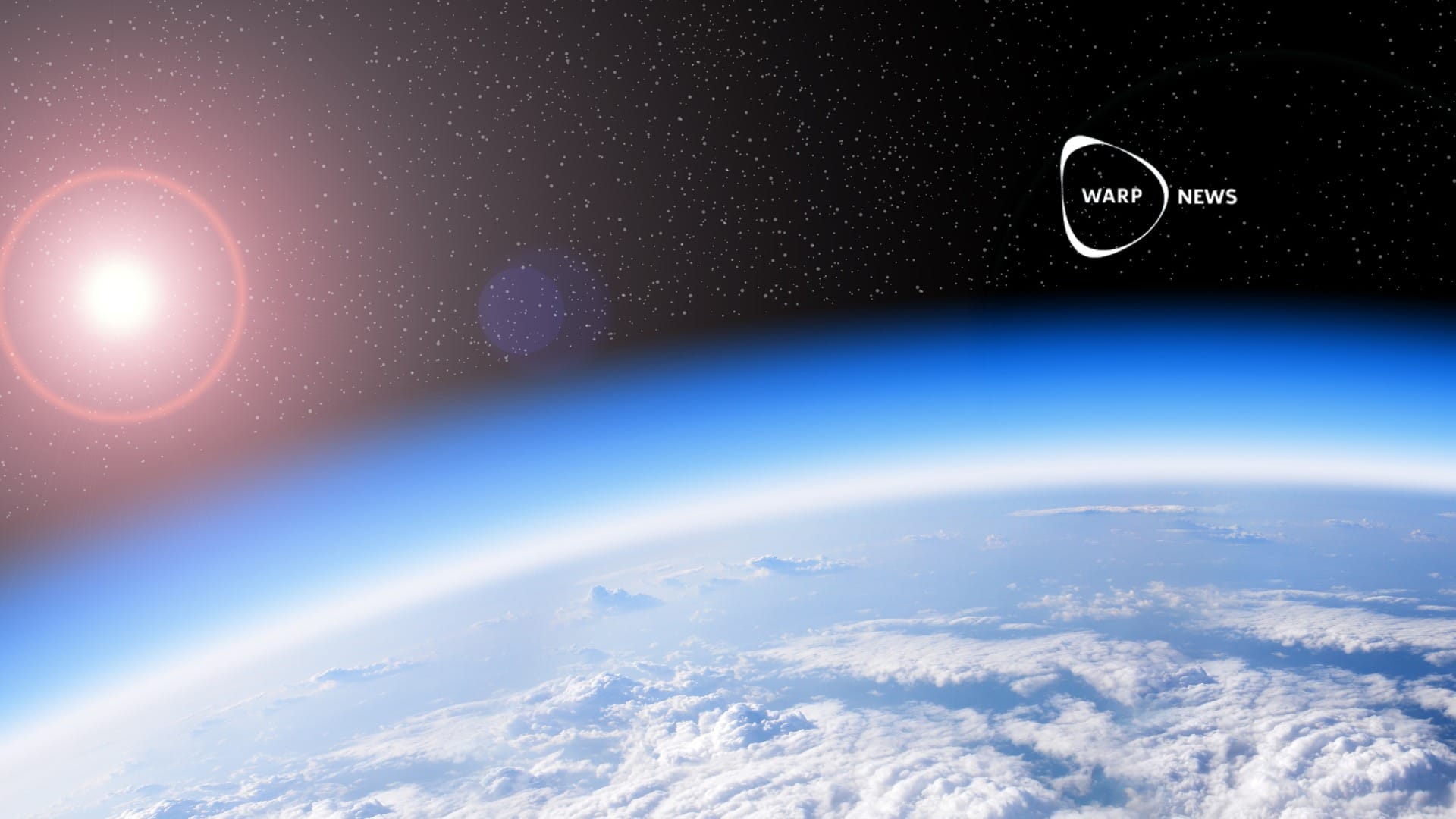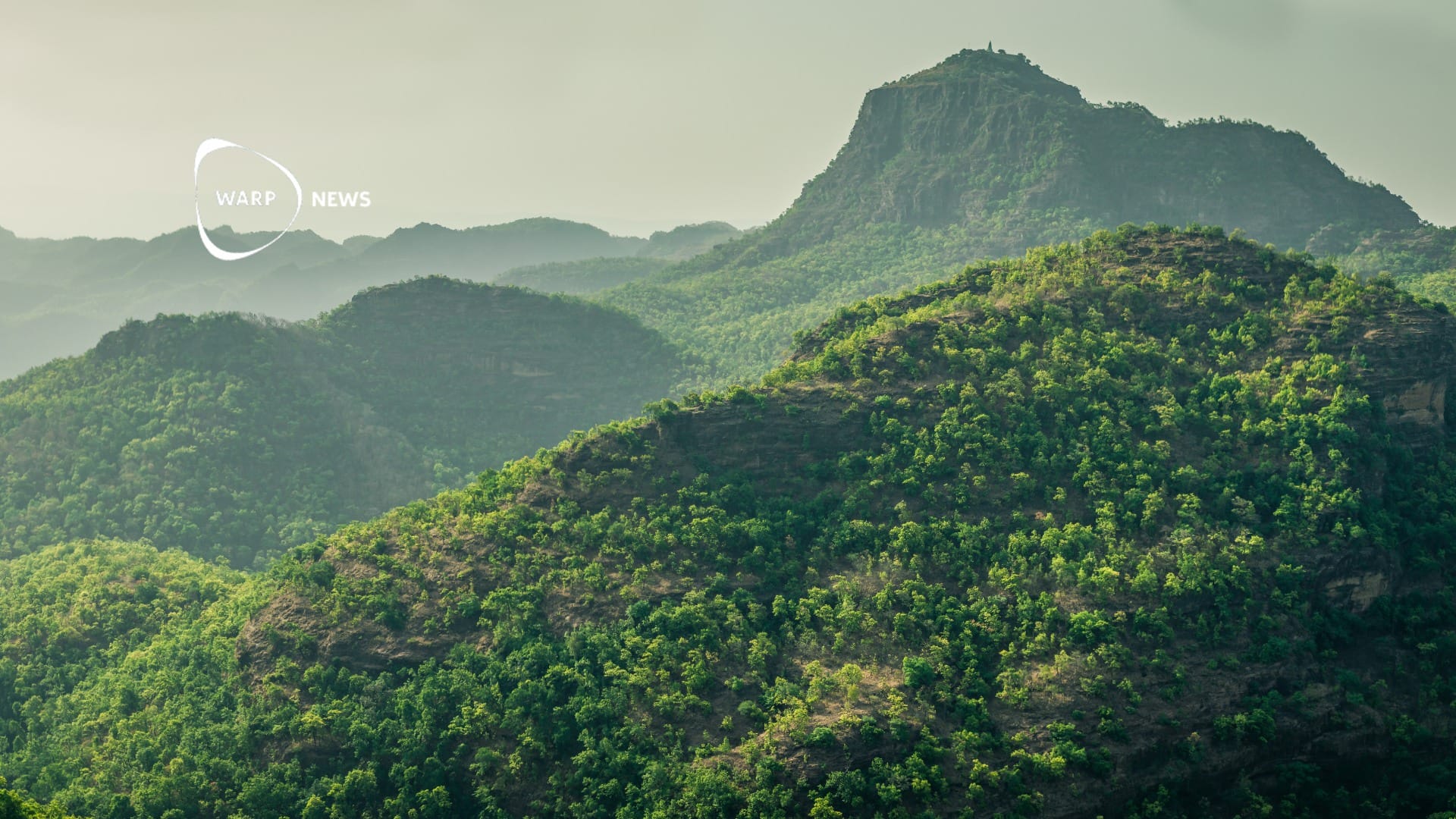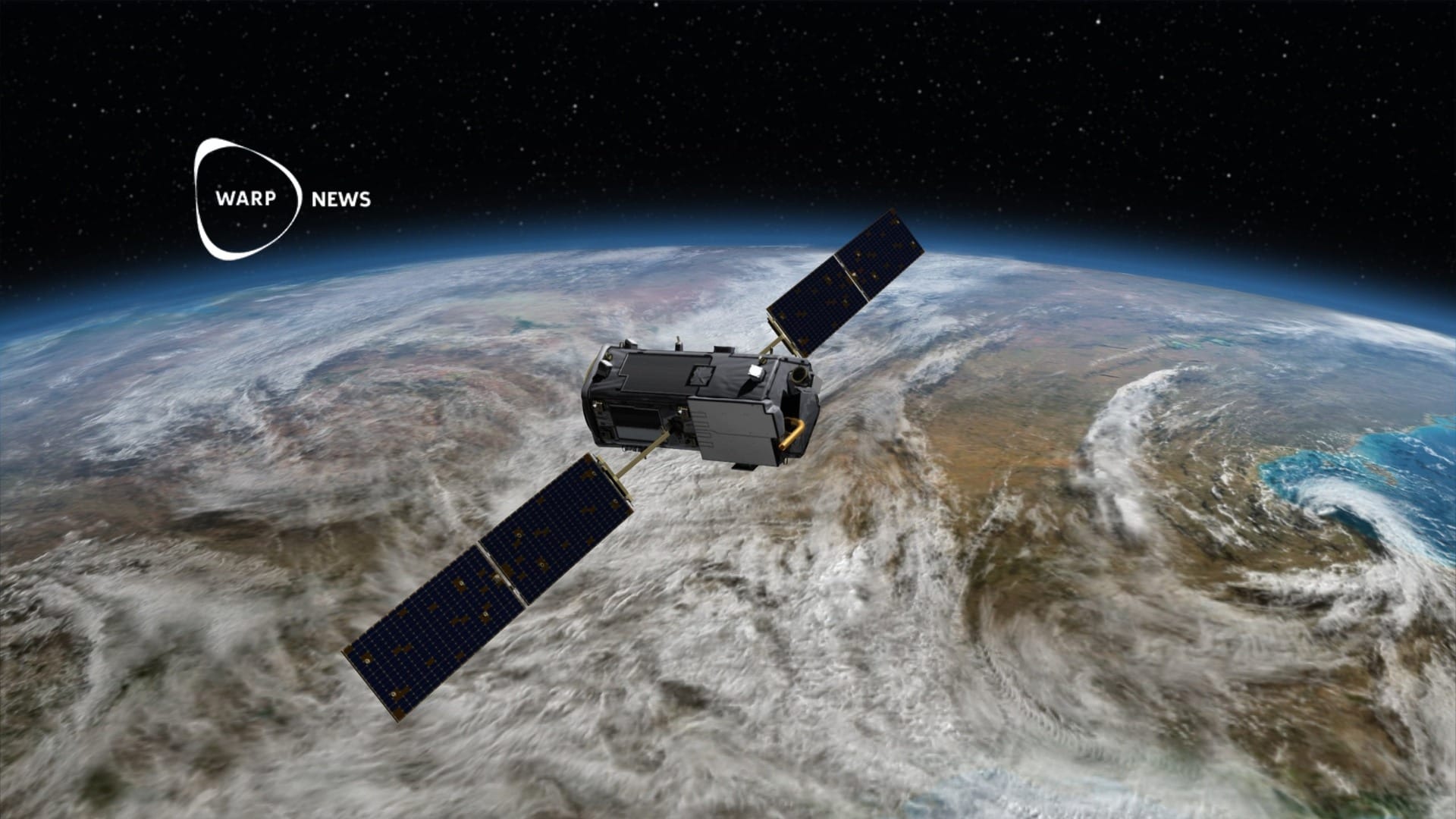🌳 Deforestation in the Amazon reaches lowest level since 2018
Deforestation in the Amazon has decreased by 40 percent compared to 2023. May 2024 recorded the lowest deforestation level since March 2018. The accumulated deforestation over the past year has decreased by 54 percent compared to the same period the previous year.
🔭 New space telescope could potentially see city lights on exoplanets
NASA's new space telescope will search for habitable exoplanets. The telescope will be able to detect both biological and technological signs of life. It may also potentially search for city lights on the night side of habitable exoplanets.
🐎 Wild horses return to the Kazakh steppes after 200 years
The world's last wild horses, Przewalski's horses, have returned to their original home in Kazakhstan. The horses come from zoos in Berlin and Prague. The plan is to transport a total of 40 horses to central Kazakhstan over the next five years.
🌎 The last ozone-depleting chemical is now decreasing
The levels of the ozone-depleting chemical HCFC have been declining since 2021. The ozone layer is recovering, and the dangerous ozone hole is shrinking. The Montreal Protocol, adopted in 1987, has been crucial in reducing the use of ozone-depleting substances.
🐦CyberTracker helps indigenous communities document biodiversity
CyberTracker's software, developed in collaboration with indigenous communities, enables nearly anyone to collect complex biodiversity data. Even individuals who are illiterate can collect detailed data.
✈️ Plane hijackings have decreased dramatically
The number of plane hijackings has significantly decreased since the 1980s. The number of fatalities in plane hijackings has also decreased. The last major hijacking occurred during the September 11 attacks in 2001.
🌼 A periodic table for flowering plants has been created – includes 9,500 species
Researchers analyzed 1.8 billion genetic letters from over 9,500 species of flowering plants. The research reveals the evolutionary history of flowering plants.
🌳 India's forests have steadily increased over the past 15 years
India ranks globally as third in net gain of average annual forest area between 2010 and 2020. They have prioritized biodiversity and conservation with an expanded network of protected areas.
🛰️ NASA has discovered a way to predict flash droughts months in advance
Flash droughts occur suddenly and quickly, but now researchers at NASA's Jet Propulsion Laboratory have found a way to detect them early. Plants' "glow" diminishes before a flash drought, and this change can be observed by satellites.








